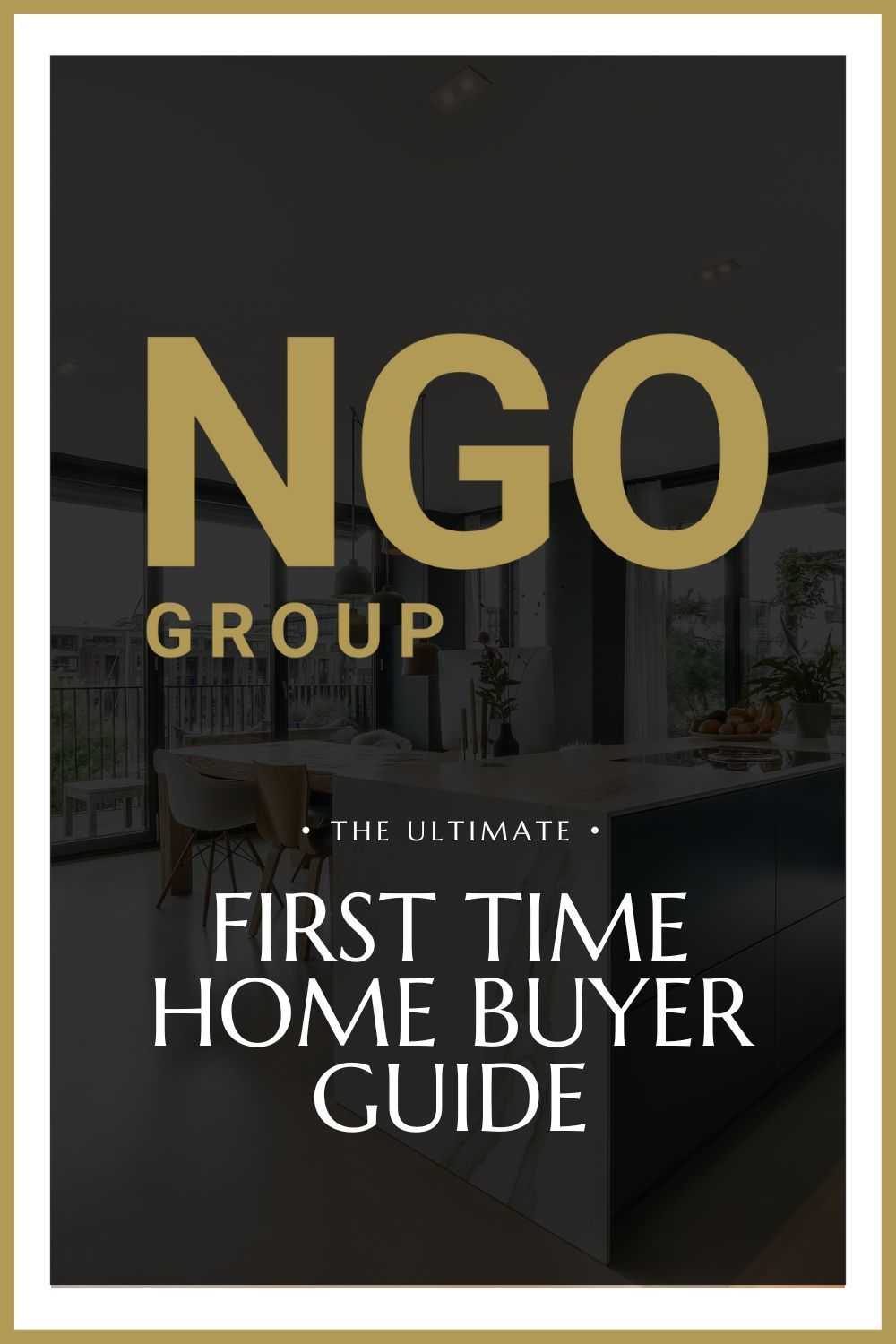Understanding Closing Costs: What They Are and How Much You'll Pay
When budgeting for a home purchase, it's essential to consider more than just your down payment. Closing costs are an integral part of the process, covering various fees associated with finalizing the sale and funding your mortgage. While buyers typically bear the brunt of these costs, sellers may also incur some expenses as part of the transaction. Let's delve into what closing costs entail and how much you can expect to pay.
What Exactly Are Closing Costs?
Closing costs encompass a range of fees linked to your home purchase. These fees can be divided into those paid to your lender and those paid to third parties, such as appraisal, inspection, and title companies, to facilitate the closing of the sale.
How Much Will You Pay in Closing Costs?
For buyers, closing costs generally amount to 2% to 5% of the home's purchase price. For instance, if you're purchasing a $300,000 home, your closing costs might fall between $6,000 and $15,000.
On the other hand, sellers typically incur higher closing costs, averaging around 8% to 10% of the sale price. This is primarily due to agent commissions. For a $300,000 home sale, sellers might expect to pay between $24,000 and $30,000.
However, the exact amount you'll pay in closing costs can vary based on several factors, including your loan program, loan size, lender practices, concessions negotiated, and agent commissions.
When Are Closing Costs Due?
Most closing costs are settled on the closing day, which marks the transfer of the property title from the seller to the buyer. Typically, funds are wired to the relevant parties upon closing, or the buyer brings a cashier's check to the closing appointment.
However, certain closing costs, such as inspections, certifications, or land surveys, may be paid before the closing day. These expenses are usually incurred at the time of service and may be shared with the seller, depending on the negotiations.
What's Included in Closing Costs?
Closing costs for buyers encompass both one-time fees and initial installments of recurring costs that accompany the mortgage payments. Here's a breakdown:
One-time fees:
- Appraisal fee
- Application fee
- Home inspection fee
- Credit report and credit supplement fees
- Mortgage origination fee
- Escrow fee
- Closing attorney fee
- Courier fee
- Bank processing fee
- Recording fee
- Notary fee
- Loan discount points
- Homeowners association transfer fees
Recurring fees:
- Homeowners insurance
- Property taxes and tax servicing fees
- Mortgage insurance (for down payments below 20%)
- Flood certification fee
How to Estimate Closing Costs?
To estimate your closing costs accurately, review the Loan Estimate provided by your lender during the loan application process. Additionally, tools like Zillow's affordability calculator can help you gauge your affordability.
Strategies to Minimize Closing Costs
While closing costs are inevitable, there are strategies to minimize them:
- Shop around for lenders with low fees and negotiate.
- Negotiate with the seller to cover some of your closing costs.
- Explore first-time buyer assistance programs.
- Consider a no closing cost loan, though it may result in higher interest rates.
Conclusion
Closing costs are a crucial aspect of a home purchase, encompassing various fees that ensure a smooth transaction. Understanding these costs and employing strategies to minimize them can help you navigate the home buying process more effectively.

latest videos


MENU
GET IN TOUCH
718-550-4976
bn@brianngonyc.com
2059 86th St, Brooklyn, NY 11214, United States of America
License # 10401216039
STAY CONNECTED
Join our newsletter and find out more
Contact Us
We will get back to you as soon as possible
Please try again later
All information provided is deemed reliable but is not guaranteed and should be independently verified. This website and its affiliates make no representation, warranty or guarantee as to accuracy of any information contained on this website. You should consult your advisors for an independent verification of any properties or legal advice.












